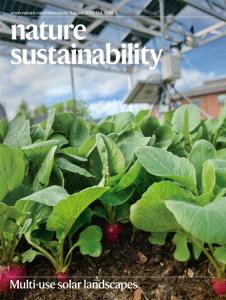 Merheb et al. (2025) Research on combining solar energy with agriculture (agrivoltaics) or natural vegetation (ecovoltaics) is growing rapidly. Using a data-driven approach, we synthesize available evidence of the potential synergies and trade-offs of implementing these multi-use landscapes and offer recommendations to move the field forward. We made it to the cover !
Merheb et al. (2025) Research on combining solar energy with agriculture (agrivoltaics) or natural vegetation (ecovoltaics) is growing rapidly. Using a data-driven approach, we synthesize available evidence of the potential synergies and trade-offs of implementing these multi-use landscapes and offer recommendations to move the field forward. We made it to the cover !

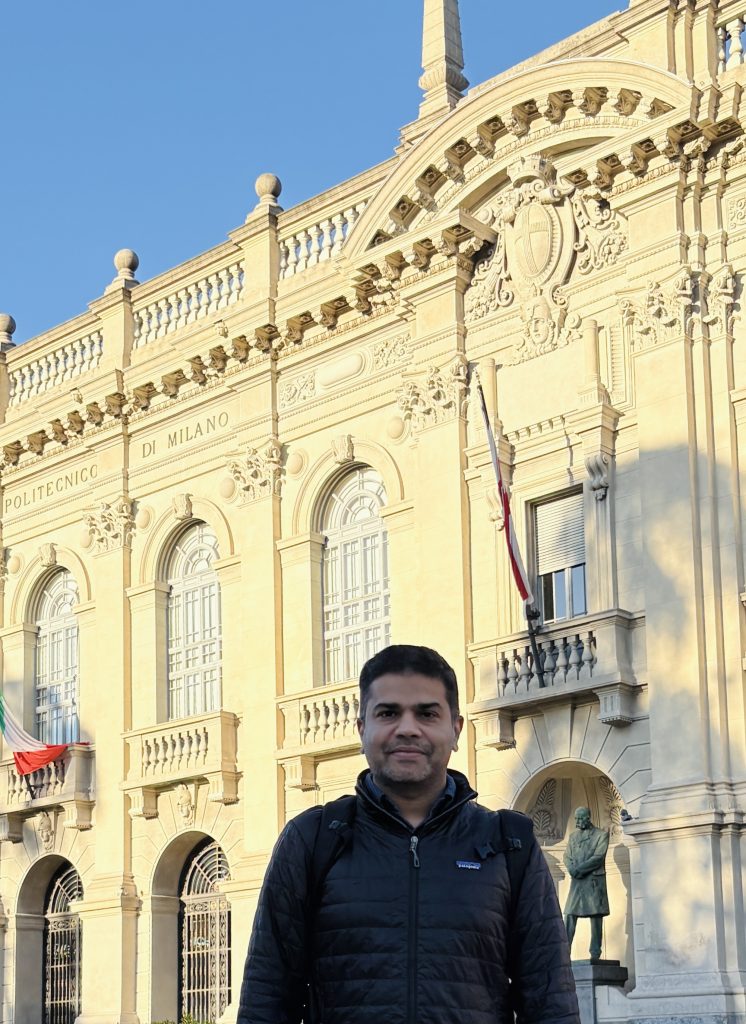


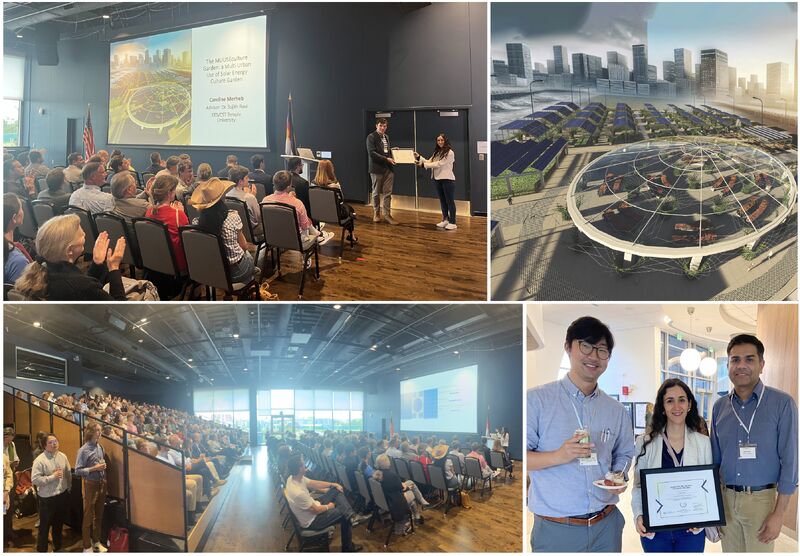

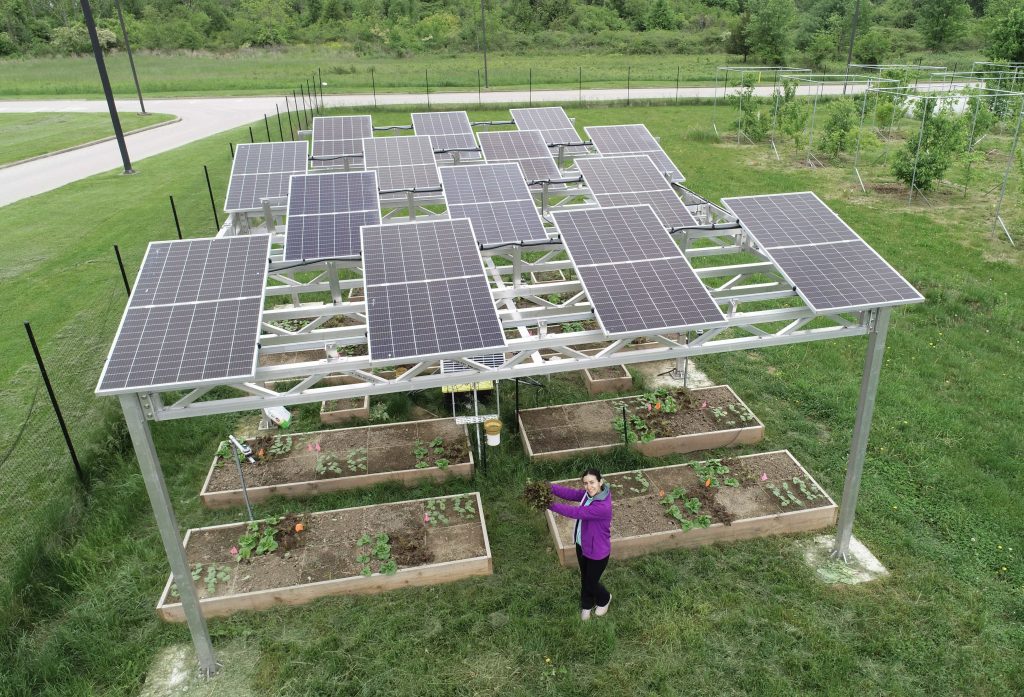
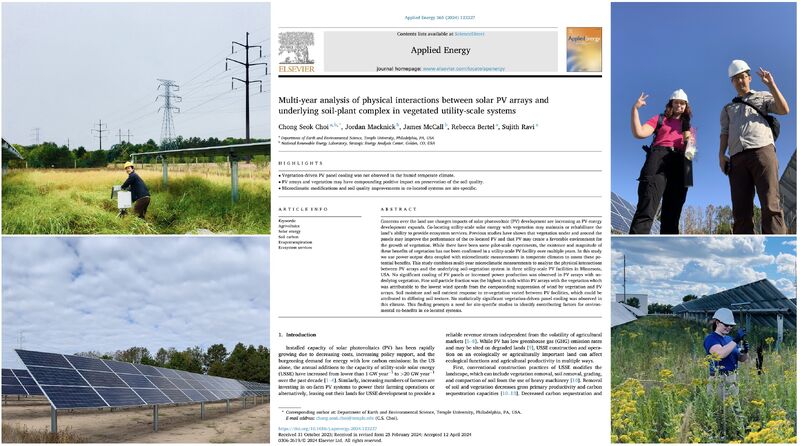
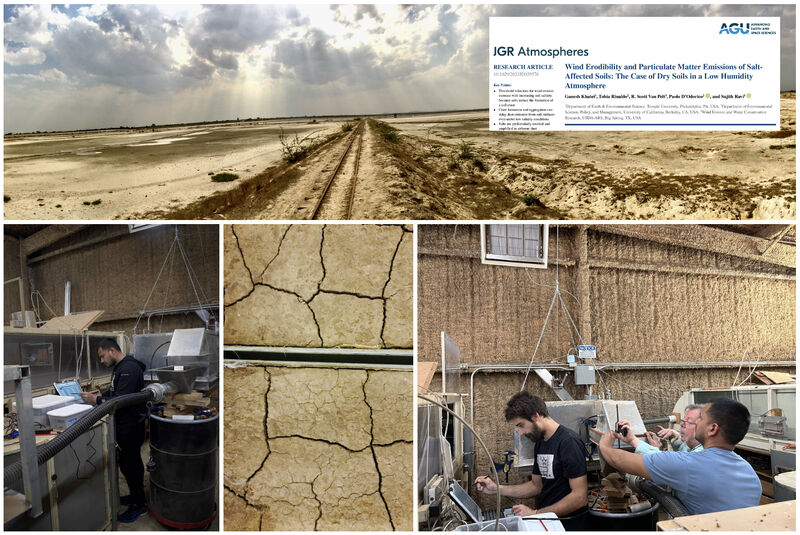

You must be logged in to post a comment.